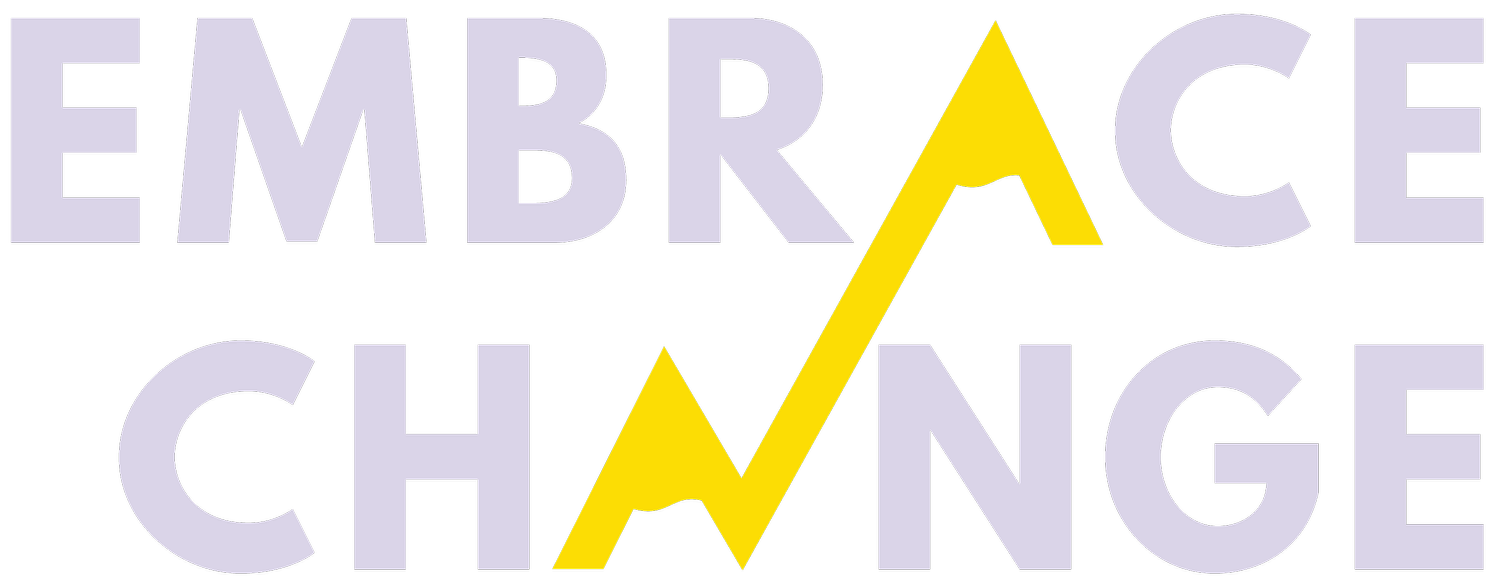Advice Can Be The Worst
Over the past month, I’ve had the great pleasure of talking to a lot of new folks with big dreams and lots of questions. It was exhilarating and fulfilling and I loved it.
As I spoke to these folks, I realized I could see myself in their position – eyes and ears wide open, trying to absorb every piece of advice, intensely scribbling down notes.
Here's how I am with advice. I can be very easily swayed and, sometimes, thrown off by it. “You should start a Facebook group.” “You should be a certified vendor with the City.” “You should join this networking organization.” Ahhhhhhhh.
Almost everybody has an opinion about what you should do (or, worse, what you should already be doing), especially when you’re transitioning into something new.
The “shoulds” can be endless – especially for women of color! People love giving us advice – solicited or not. And i can get incredibly overwhelming incredibly fast – particularly for those of us who are more deeply affected by what others say. Some of us take the advice and feedback of others very seriously. I happen to think it’s a great quality of depth, sensitivity, and thoughtfulness.
But it can also lead to a spiral of self-doubt, insecurity, and stuck-ness. Put another way, for some of us, it’s challenging to integrate what we’re told, what we hear, and what we absorb from the outside without losing ourselves in the process.
Since I am one of these people, even now, when others give me advice or feedback (solicited or not), the rational part of me knows that these are all simply potential opportunities to grow and improve. But, I often hear them first as criticisms (“Shit, I should have known this,” “Why didn’t I already do that?”). I immediately feel defensive, ashamed, and start questioning.
On the one hand, I know I need to keep asking and keep my eyes and ears open wide because I want to get better. On the other hand, this doesn’t mean I ultimately act on every single piece of advice and feedback I get – I still reflect on it and weigh it against all the countervailing factors. Each person is the expert on themselves and their life.
Of course, as I was having all these conversations this past month, I was living on the other side of all this. Which is why I’m also writing this as a reminder to myself that the way I say and frame things to others is important.
I need to take care with my words, tone, and nonverbal communication.
Which is why this post might also be a bit of atonement for those rushed and pressured conversations I had with folks recently. Where I didn’t have the luxury of time to ask all the contextual questions and have the deeper, exploratory conversations I’d normally have. Where I was doling out pieces of advice practically assembly-line style. Granted, I had spent a lot of time preparing the nuggets of advice ahead of time, carefully choosing the most widely applicable and generally useful ones. Realistically, though, I can only hope that the ones I shared with each person and the way I shared them will actually help more than hurt.
I would never want what I say to someone – especially someone who’s in this brave, but vulnerable, position – to send them into a spiral of self-doubt, insecurity, and stuck-ness. I know all too well what that feels like.
For those of you who are like me in this way: Let’s not forget that whenever we get advice or feedback – solicited or not – it’s always ultimately up to us what we decide to do with that. We can choose to incorporate it, in whole or in part. We can choose to reject it after considering it. We can choose to reject it flat out. We can choose to table it, recognizing that timing is always a relevant factor.
The bottom line is:



